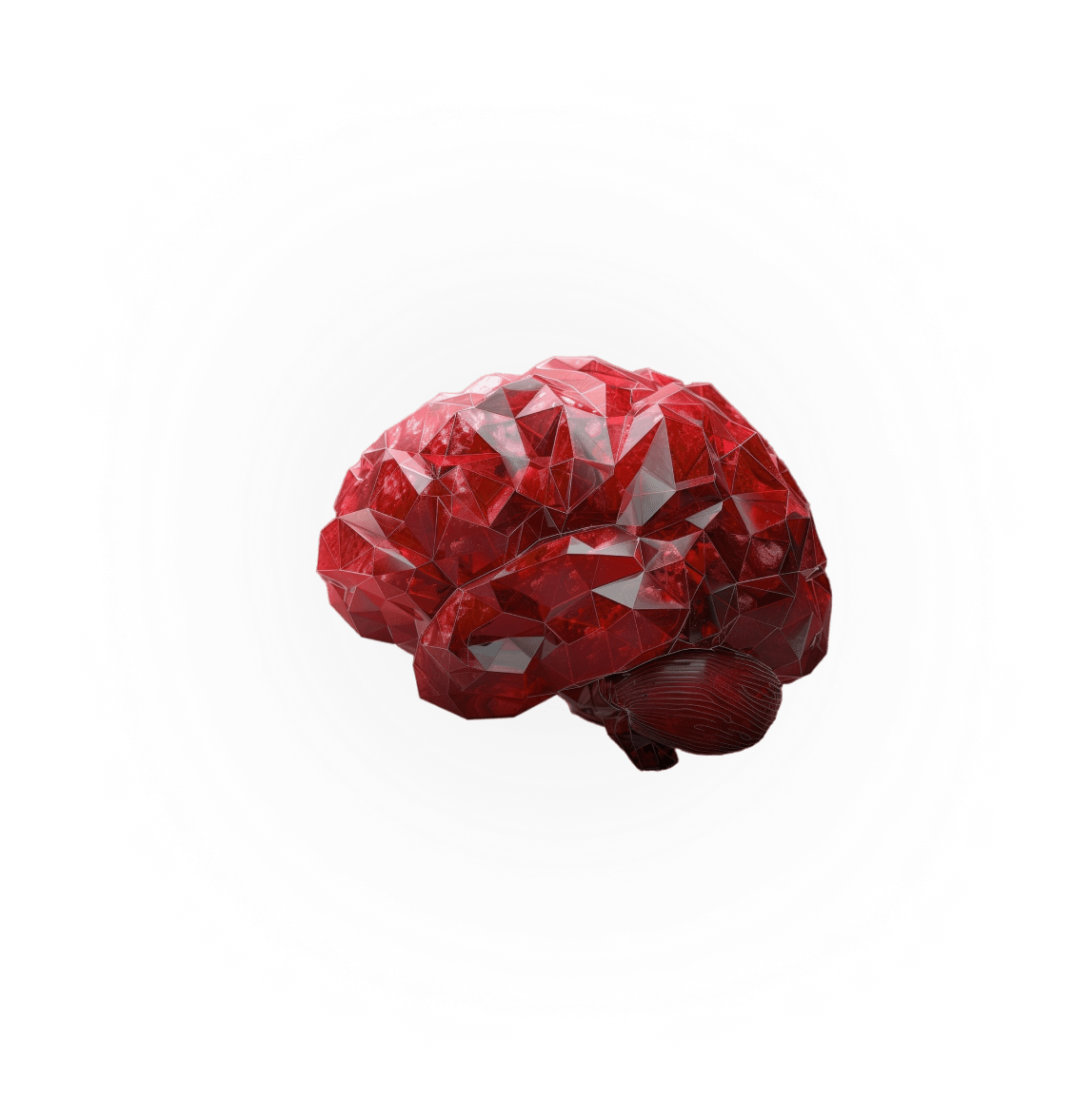You can’t improve what you don’t measure. Many RES companies run B2B platforms without clearly defined KPIs, so they have no idea what’s working — or what’s not. There’s no reliable insight into user activity, conversion rates, or technical issues like downtime and load speed.
Without a data-driven approach, the platform becomes a black box. It’s difficult to justify investments or decide what to improve — and competitors move faster because they’re measuring and optimizing in real time.
We help companies set clear, actionable KPIs — and make sure they’re easy to monitor. We integrate platform data with key systems (CRM, ERP, analytics tools), build real-time dashboards, and automate reporting. This gives platform managers the insights they need to improve performance, eliminate bottlenecks, and make better decisions, faster.
✅ Real-time visibility into platform performance
✅ Faster decisions based on data, not guesswork
✅ Better customer experience through continuous optimization
✅ A solid foundation for scaling sales and automation—

Artificial Intelligence refers to the development of computer systems that can perform tasks that would typically require human intelligence. It involves the creation of algorithms and models that enable machines to learn, reason, perceive, and make decisions.
There are generally two types of AI: Narrow or Weak AI, which is designed to perform specific tasks, and General or Strong AI, which possesses human-level intelligence and can handle a wide range of tasks.


There are generally two types of AI: Narrow or Weak AI, which is designed to perform specific tasks, and General or Strong AI, which possesses human-level intelligence and can handle a wide range of tasks.
Artificial Intelligence refers to the development of computer systems that can perform tasks that would typically require human intelligence. It involves the creation of algorithms and models that enable machines to learn, reason, perceive, and make decisions.


Artificial Intelligence refers to the development of computer systems that can perform tasks that would typically require human intelligence. It involves the creation of algorithms and models that enable machines to learn, reason, perceive, and make decisions.
There are generally two types of AI: Narrow or Weak AI, which is designed to perform specific tasks, and General or Strong AI, which possesses human-level intelligence and can handle a wide range of tasks.
